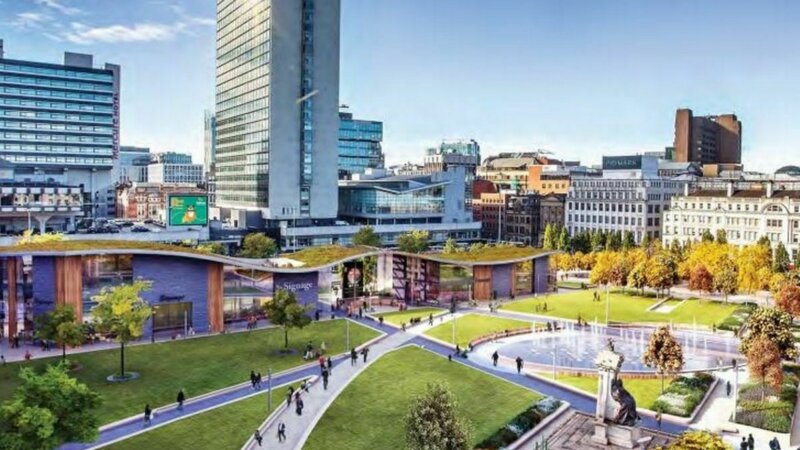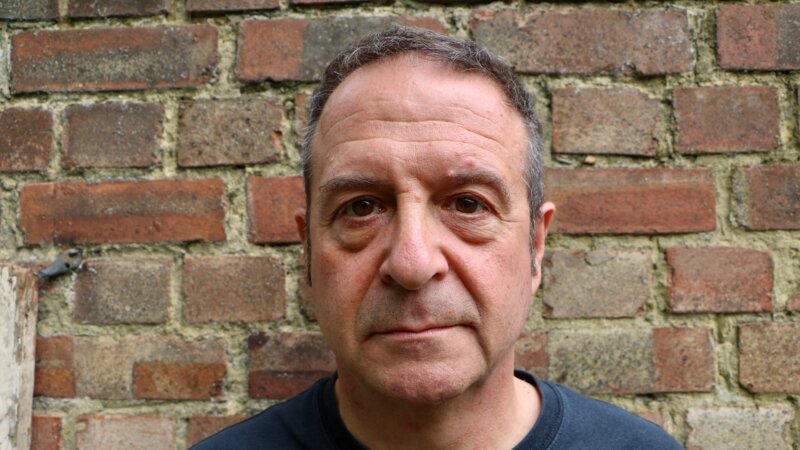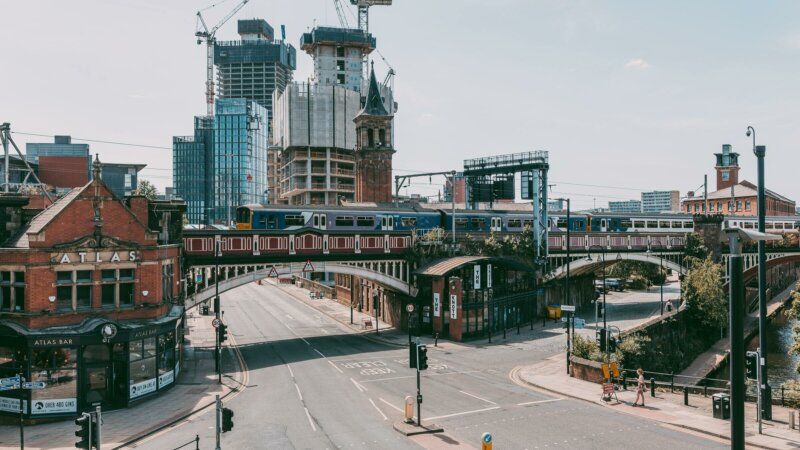Local Elections
The stage set for further political upheavals.
Across Greater Manchester, the Local Elections held on 2 May are due to be some of the more exciting and influential held in recent years. With the ongoing political deadlock over Brexit and the polarisation seen from the two main parties, who are seemingly as opposed in their beliefs as ever before, the trickle-down effect of this is bound to make for an interesting set of results.
Aside from the typical ‘Labour-Tory’ fights in Greater Manchester’s Metropolitan Councils, the new forces set to realign the political sphere are The Independent Group (TIG) and The Brexit Party. Whilst TIG is an offshoot of the Labour Party, which will campaign on a resolutely pro-Remain footing, the Brexit Party is a revived and more populist spin-off of UKIP. Led by Nigel Farage, it appears to be hoovering up Conservative support for a variety of reasons and will greatly affect the voting base throughout Greater Manchester as it capitalises on the support of leave voters angry at the delay of Brexit.
On the morning after the poll, the results will be pored over by analysts and the chief point of discussion will likely be how the two main parties fare.
Ones to Watch
Listed below are the Greater Manchester Parliamentary constituencies each denoting the strength (sorted by percentage) of the leave vote in the 2016 Referendum. Figures are based on research conducted by the House of Commons Parliament Library.
Remain (Yellow):
Manchester, Withington: 24.9%
Manchester Central: 36.4%
Manchester, Gorton: 38.2%
Altrincham and Sale West: 38.6%
Cheadle: 42.7%
Stockport: 46.8%
Stretford and Urmston: 48.9%
Wythenshawe and Sale East: 49.6%
Split (Black):
Blackley and Broughton: 50%
Leave (Blue):
Makerfield: 64.9%
Leigh: 63.3%
Bolton South East: 63%
Wigan: 63%
Heywood and Middleton: 62.4%
Ashton-under-Lyne: 61.8%
Oldham West and Royton: 61.3%
Denton and Reddish: 61%
Worsley and Eccles South: 59.8%
Stalybridge and Hyde: 59.3%
Oldham East and Saddleworth: 59%
Bolton North East: 58.1%
Rochdale: 57.5%
Bolton West: 55.6%
Bury South: 54.5%
Bury North: 53.7%
Salford and Eccles: 53.6%
Hazel Grove: 52.2%
Total Leave: 18 / Total Remain: 8 / Split: 1
As Brexit will undoubtedly be a factor in relative turn-outs and enthusiasm of the Party ‘bases’, the fact that only three of the ten Metropolitan Borough Councils voted remain (Stockport, Trafford, and City of Manchester) could show that at the polls the more outwardly and doggedly Leave-backing parties will have the momentum.
Furthermore, in the three remain-voting Councils, the wards up for election could likely see a revival for the Liberal Democrats in Stockport and Manchester. John Leech (former Manchester, Withington MP), one of only two Lib Dems on Manchester Council could see his seat numbers return to pre-Coalition (2010) days, having double figures in the caucus, as the vagueness of Labour’s Brexit stance could backfire. Similarly, the three-way fight in Stockport, which contains one of a handful of Lib Dem strongholds in the UK, could also see resurgence thanks to the divisive nature of national politics.
In Trafford, the story is somewhat comparable. 2018 saw the dramatic loss of the only Conservative run council in Greater Manchester to Labour, with further gains expected on this election cycle. Uniquely, Trafford Council also elected two Green Party councillors to the Altrincham Ward. This is part of a larger trend of somewhat more affluent areas of the Country which typically return Conservative councillors going Green instead.
Predominantly, and some might argue cynically, this switch in allegiance is due to the Conservatives at times wavering support of the greenbelt areas they represent – selling off land for fracking in some cases. Thus, it seems likely Trafford may well elect its third Green representative as concerns over the environmental disregard sometimes shown by mainstream politicians goes unchecked; all in an area which has been Tory since before the Green Party existed.
The European Connection
Adding further confusion and intrigue to the month of May will be the European elections. Scheduled for 23 May, they were originally not going to be held as it was expected we were going to have left the European Union (with or without a deal) and thus making the poll an irrelevance that would be missed. In fact, the Governments desperation over the previous months to secure a deal was partly due to the ‘embarrassment’ of the UK having to now fight in elections for a political body they have spent three years trying to leave.
Greater Manchester is in the North West England (NWE) European constituency and will return eight individuals as Members of the European Parliament (MEPs). After the last election in 2014, the NWE caucus consisted of three UKIP members, three Labour, and two Conservatives. As of 2019, the UKIP split means that one of them is now a Brexit Party representative, whilst the other two sit as Independents.
Polling currently indicates a marked shift in support since those elections which reflect the national picture. However, the makeup of the new group of MEPs looks to be quite similar. Owen Winter, co-founder and Director of the Make Votes Matter movement, has calculated based on a uniform national swing (NUS) from a YouGov poll in mid-April that the region will elect: three Brexit Party, three Labour, one Conservative, and one Green MEP. On the face of it there appears to have been only one small shift, with the Green Party gaining and the Conservatives losing. However, this is unlikely to be a directly related shift of support between these two parties.
It seems then that Greater Manchester, as home to a vast support base of primarily Labour-voters will receive equal levels of support to the Brexit Party as Conservative voters abandon the Party due to its perceived mishandling of the Brexit process and as a protest against the elections being held in the first place.
Importantly, the representatives the region elects (or rather whomever Greater Manchester swings behind in large enough numbers) will affect the situation nationally and even internationally. Should the Labour Party be able to galvanise its support base across the city-region, then it will likely win in terms of raw votes and it could be seen as a rejection of Brexit as the Euro elections are being spun by the political class as a new referendum on our membership of the European elections.







